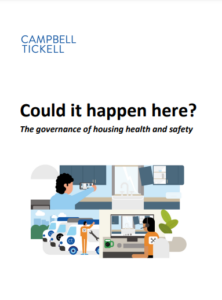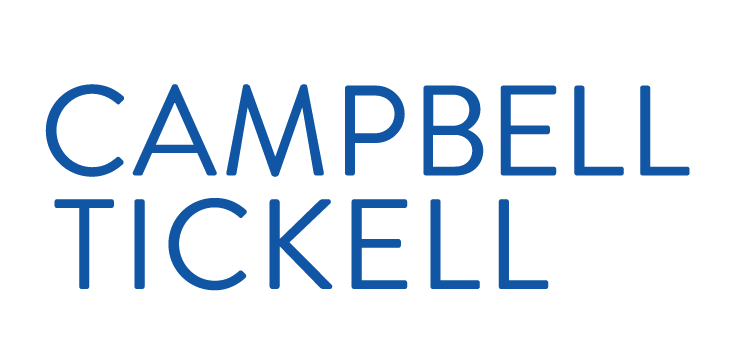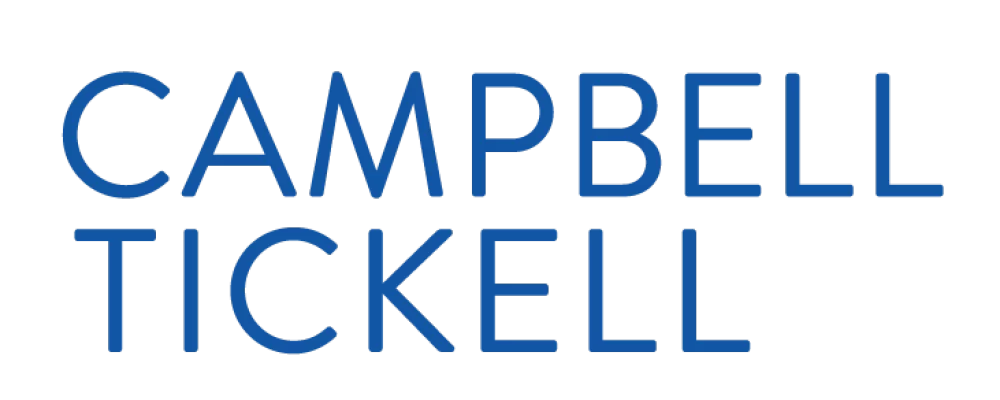Board members must ask the right questions to achieve assurance when it comes to health and safety. Campbell Tickell has produced a briefing for Board members which aims to equip them with an overall understanding of some key issues and a good set of questions for them to pursue. Find out more.
‘Health and safety gone mad’ is a familiar trope from certain newspapers – narratives of mollycoddling, bureaucracy and pointless prohibitions. Yet when things do go wrong, and people are hurt, the very same commentators are equally keen to point the finger of blame. The recent tragedy of the sightseers to the wreck of the Titanic is a sad case in point. Suddenly it becomes clear that over the years, there had been warning signs, would-be whistleblowers and trenchant questions about the suitability of designs and equipment.
In social housing, we’ve had our own tragedies and disasters too. There were the Lakanal and then Grenfell fires, the sad death of Awaab Ishak and any number of less media-prominent issues involving fires, damp and mould, asbestos, carbon monoxide, personal safety and more besides. Lessons are always learned, of course, but too late for those who have suffered or lost their lives.
Where the buck stops
And for all of these sad events, the buck always stops with the senior executives, the Board members, trustees, company directors, however they are referred to. In law, that is very clear, and the ultimate sanction is that of a corporate manslaughter charge, backed up by the possibility of unlimited fines for certain offences.
For Board members, these are sobering responsibilities. Of course, they can’t all be experts on health and safety. And of course they will need policies, committees, expert staff and external advisors to back them up. But they do need to know what questions to ask, and when to carry on asking those questions until they have good assurance, as opposed to just reassurance.
Campbell Tickell has now produced a briefing which aims to equip Board members with an overall understanding of some key issues, and a good set of questions for them to pursue. It is literally true to say that the briefing has more questions than answers, as it sets out the areas where relentless board member curiosity is vital.
‘Chronic unease’

In the briefing, we introduce the concept of ‘chronic unease’ in relation to the governance of health and safety. This may sound unsettling, but it has a solid track record from safety-critical industries such as deep-sea mining, quarrying and aerospace.
The five key features of chronic unease are:
- A tendency to worry about health and safety;
- Vigilance – awareness of near misses, local failures;
- Resisting complacency;
- Imagination to visualise unfavourable scenarios; and
- Flexibility, systems thinking, not jumping to conclusions.
The lessons are simple. Don’t necessarily believe all that you are told or read. Understand what the risks are, and don’t be afraid to ask questions. Ask yourself what else could be done, or what might have been overlooked. Just because things have worked so far, doesn’t mean they’ll work going forward – very few systems are 100% reliable. Learn from tenant complaints, mistakes and near misses, whether your own or those of others. And when things seem to be going well, keep an eye on the tell-tale minor issues, as they are the proverbial canaries in the coal mine.
The lessons are simple. Don’t necessarily believe all that you are told or read. Understand what the risks are, and don’t be afraid to ask questions.
CT Briefing
The briefing is already available in Scotland from the SFHA and the England version is now available on our own website, with a Wales version to follow soon. Social housing may not bring the extreme risks of deep sea exploration, but the health and safety (and sometimes lives) of millions of tenants and employees, including some very vulnerable members of society, depends on our effective performance in this area.
Prevention is always better than cure, and the inevitable benefit of hindsight after an adverse event is cold comfort for those involved. We hope that our briefing can contribute in some small way to enhancing that vital culture of truly putting safety first.
By Campbell Tickell consulting >>
“Campbell Tickell is a multi-disciplinary management and recruitment consultancy focusing primarily on the public and not-for-profit sectors.
Established for over 20 years, we have worked with more than 1,000 organisations throughout the UK, Ireland and beyond, with central and local government, housing associations, care providers, sports and leisure bodies, charities, and commercial organisations such as housebuilders and developers, contractors and legal firms.
Our services extend across: strategy and governance; finance and business planning; risk and assurance; regulation and troubleshooting; mergers and growth; business transformation; housing development and regeneration; human resources and recruitment.
Alongside our core team of 42, we have a network of over 100 specialist associate consultants.”
Please visit the firm link to site




